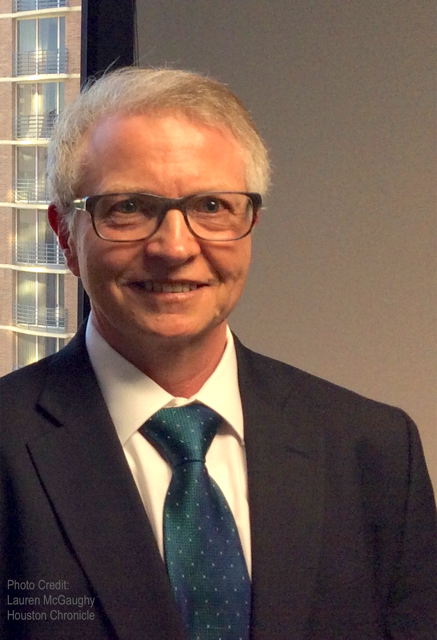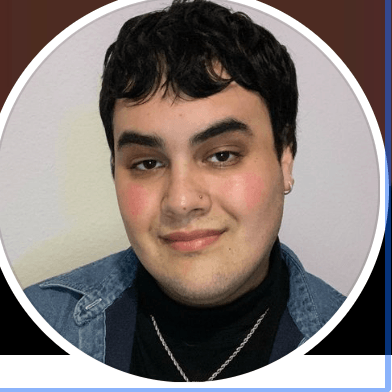American Symphony on Netflix: Some Thoughts from a Music Teacher
American Symphony on Netflix: Some Thoughts from a Music Teacher
First off, if you haven’t seen American Symphony, the story of Jon Batiste, the american singer and songwriter, go see it. Don’t worry, no spoilers here.
There was a particular clip I found rather interesting. In one scene, Batiste works with a piano teacher, who firmly corrects Batiste for not breathing while he was playing piano.
In the clip, you may notice the subtle difference (although it wasn’t subtle to me, but I’ve been listening for a long time!) in playing that happens when Batiste remembers to breathe.
Instead of helping Batiste experience his breathing and his connection to playing, he corrects him for not having breathed to begin with, then plays an example.
This is an okay, fine, acceptable way to teach that. It’s the status-quo way of teaching that.
I however, never really responded well to that way of teaching.
That way of teaching, for me, would make me feel like I did something wrong. I would feel this little bit of guilt, that I “should have” been doing that at the beginning, that I disappointed my teacher, that maybe I don’t have what it takes after all…
Meanwhile, I’d be playing the song and breathing, but with all this extra guilt-crap on top of it. So if breathing was meant to help me express the song and the feelings of love, or sadness, or fear, I’m instead halfway playing, halfway in a monologue with myself about myself.
All of these things come together so that instead of becoming more creative, more musical, more expressive, I end up feeling more critical, more mechanical, more plain in my playing.
So if you’re not breathing...and you’d like to breathe while you play, how would you bring that into your playing, without making it about what’s wrong with you or what you’re not doing right?
And if you don’t even play piano or sing but find yourself reading this: How do you improve what you’re doing, without becoming more critical of yourself in the process?
2 things:
1: I’ll be doing a class on this very topic. It will be how to play and incorporate your breathing, that is training ground for improving yourself without shutting down your creative, expressive, playful, self.
2: Simple but not exactly easy: Let your experience guide you by turning corrections into questions.
For instance, Batiste wasn’t breathing much when he was playing…what if the teacher had asked: what’s breathing like as you play?
Now Batiste could have a moment where he could wonder about that…he may have begin bringing his attention to his breath, and just like that, the piano seemed to breathe, and seemed to sing.
The next time you find yourself on the verge of correcting yourself, try this out: Turn your criticism/correction into a question…particularly one that moves you towards what you want.
“I have no talent”
“What is talent? What makes me want to have talent? If I had talent, how would I know? What would it feel like?”
“I played the wrong note here”
“How is the note on the page, different from the one I played? What does it feel like, to play the note on the page, versus the one I played? Why did the composer choose that note, instead of my note? If I made my own song, what combination of these notes would I like?”
The first one stops your learning, and helps you get in line. The second one opens a whole world of music that maybe you've never visited before, and also, helps you play the right note (and way more than that).
What Students Are Saying...
I'm already seeing improvement in voice and piano after two months.
Chris is an awesome teacher! He is super kind and super funny. I have no previous experience, and with only two months of lessons I already see significant improvement in my voice/piano skills! Definitely recommend doing both piano and vocal lessons simultaneously. Come to Chris, I promise you won’t regret it!



